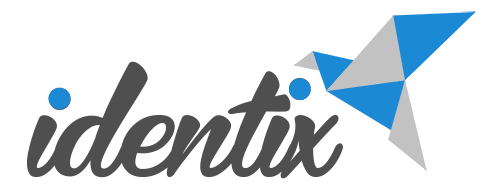Can be used with Quality Council for Trades and Occupations (QCTO) or any other Education and Training Quality Assurance (ETQA) body requirements.
Qualifications & Learnerships
Learnerships/Qualifications refers to a learning program where the learner spends some time learning theory and some time learning practical skills in a workplace. It leads to a qualification registered on the National Qualifications Framework (NQF). Link SETA skills development programmes to a learnership either as a core, fundamental or elective element, QCTO programmes to knowledge, practical or workplace.
Assessment Result Codes refer to the assessment result codes as defined by SAQA (South African Qualifications Authority).
Unit Standards are defined as registered statement of desired education and training outcomes and its associated assessment criteria together with administrative and other information as specified in the regulations.
They are sub sections within a qualification and can be linked to multiple Qualifications.
Certain detail required are captured here for e.g., valid duration, NQF Level, NQF Credits etc. Courses and unit standards can be linked to a billable Item. (Attach a cost to Course/Unit standard).
Learner Groups refer to descriptive codes linked to a group of Learners e.g., July 2012 intake, etc.
Assessors – person who is registered by the relevant Education and Training Quality Assurance (ETQA) body to measure the achievement of specified NQF standards or qualifications.
Moderators – Person who ensure the assessment process is consistent and fair.
Presenters/Facilitators – Capture personal details of presenters or facilitators, link presenters to sales categories and courses and unit standards.
Unit Standard Type – provided for as per definitions from South African Quality Authority (SAQA).
Valid Job Titles, as defined within the company structure of an employer, can be captured by an end user. These job titles will be linked to individual learners, later in the process of setting up or maintenance of learner master files.
National Learner Record Database (NLRD)
The NLRD is defined as an electronic information system that assists the SAQA to manage the NQF. The following tables will align learner information with the NLRD information system.
-
-
-
NLRD Alternative ID
-
NLRD Citizen
-
NLRD Disability
-
NLRD Equity
-
NLRD Gender
-
NLRD Language
-
NLRD Honours
-
NLRD Learner Achievement Status
-
NLRD Learner Achievement Type
-
NLRD Learner Course Enrolment Type
-
NLRD Learner Employment Status
-
NLRD Learner Module Enrolment Type
-
NLRD Learner Qualification Enrolment Type
-
NLRD Nationality
-
NLRD Province
-
NLRD Socio Economic Status
-
-
